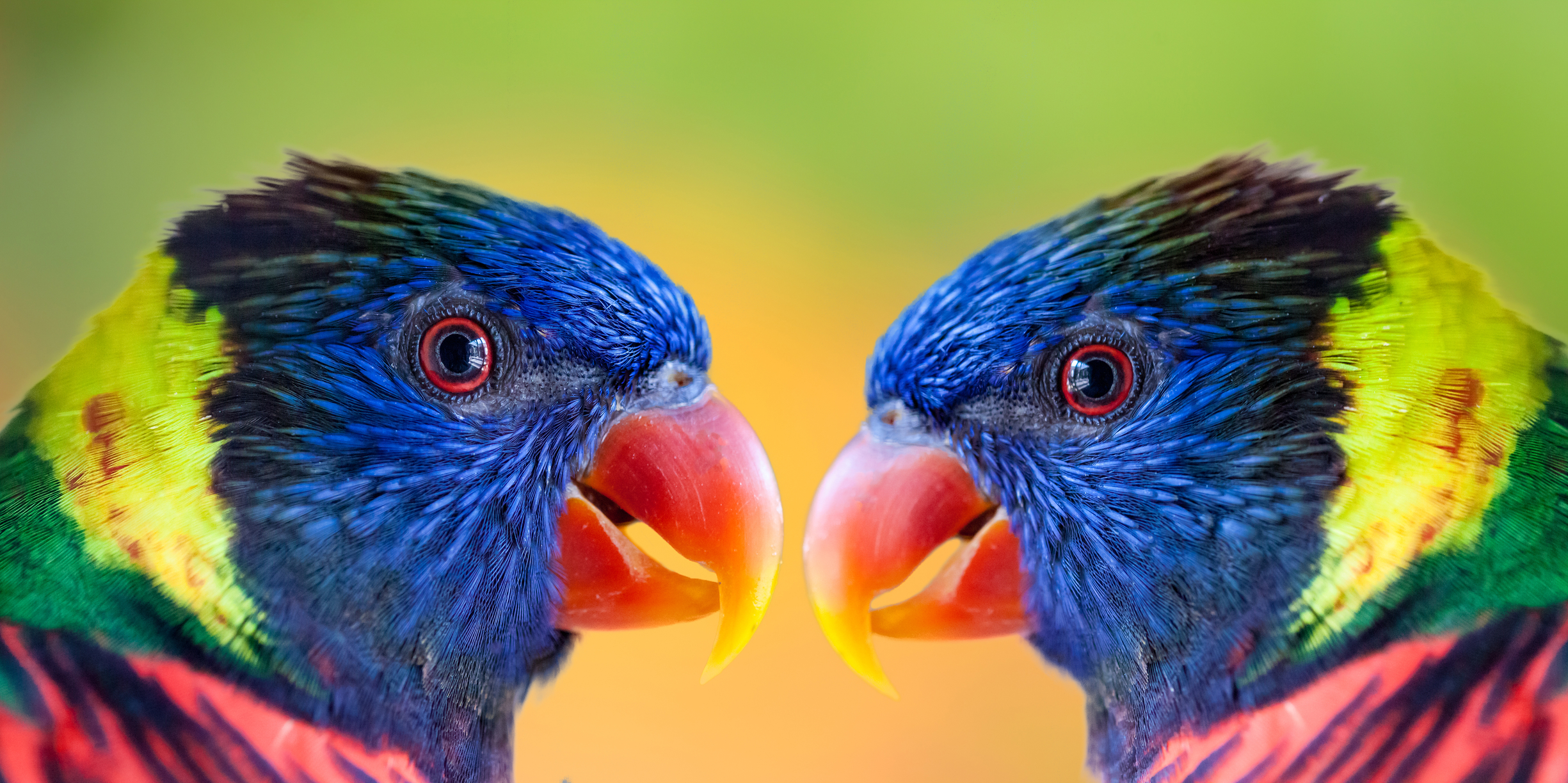This post is part of the series Boundaries
Other posts in this series:
- Boundaries. The guardians of joy. (Current)
- Boundaries with social media
- Does Fortnite cause ADHD?

Patients often ask me if my work sometimes gets too much. If hearing about the miseries of mankind becomes a tiresome task. Most of the time I can honestly say no, I love my job. A major reason why I can love my job is that of good training. From the moment you enter a psychiatric residency the teaching and learning of boundaries is a priority. So in the room, in your hour, I try to be 100% present with you. But I am very aware that it is your life and your journey. When I am with another patient, I try to be completely present with them.
Knowing your boundaries is a social behaviour and, as such is, learnt. If your boundaries were respected as a child, and you observed your parents having healthy boundaries, then boundaries will come easily to you. Those of us who did not have such a solid childhood, have to try to learn our boundaries in later life consciously.
We all have all kinds of boundaries. Your skin is a very physical boundary that keeps organs in and germs out. Emotional boundaries are where your psyche ends, and the other’s psyche starts. Getting a sense of your boundaries will improve your relationships, energy levels, self-esteem and sense of stability. You can start paying attention to your boundaries right now. At first, it is very hard, but with practice it gets easier. There might be a lot of “drama” in response to your setting your boundaries. Walk away. Don’t engage with it. There might be guilt at being so “selfish” or “letting someone down”. Sit with the guilt; it will pass. No is a full sentence. It does not need further clarification.
No is a full sentence. Anne Lamott
When patients come into my rooms completely overextended and exhausted, I am alerted to boundary problems. These patients are typically very nice and hate conflict. They need to be available to everyone – spouse, parents, kids, boss, friends, the whole world. One of the first things we work on is to practice saying “no”. Being nice people, it often feels more comfortable to have a few pleasant stock phrases for whenever anyone asks them anything. Things like “I will get back to you”, or “let me check my diary”. Phrases like these can just give them a second to breathe and check in with themselves. Time to consider if they can and want to do it. Time to formulate a response, instead of automatically saying yes, then regretting it.
The other kind of patient who alerts me to possible boundary issues is one who puts other’s needs in front of their own. They are self-sacrificing in relationships and take responsibility for the other’s emotions and actions. They are often not sure of how they feel, and feel mainly in response to the other’s feelings and actions. They take everything personally.
Helping someone like this is difficult because the first thing you need to do is convince them that their feelings are valid. Sometimes the pattern is so entrenched, stemming right from childhood, that deeper therapy is required. Fortunately, I have an excellent referral network of psychologists, and we tackle this as a team.
It might feel as if setting boundaries could destroy relationships. But boundaries protects joy; it doesn’t destroy it.
So how do you start practising one’s boundaries? Start by observing your emotions. If you are angry, overextended, irritated or in the midst of drama – breathe out. Check what is going on. Are your boundaries being crossed? It is quite an art to state your boundary. Use simple, direct language. You don’t need approval for your boundary; in fact, the other person might not like what you are saying. Be grounded. Don’t try to convince or over explain. Don’t be afraid of the inevitable feelings of guilt; they will pass. Also, be honest with yourself – boundaries are there for your wellbeing. They are not there to punish the other or as some power play.
Boundaries are flexible, so it is quite hard to get them right all the time. But even as you become aware of them and practice them, your strength will grow.

There is excellent literature to help you further on this journey:
- “Set boundaries your way” Steph Sterner. Createspace Independent Publishing Forum
- “Boundaries – where you end and I begin” Anne Katherine. Hazelden Publishers.
- “Codependent no more” Melodie Beattie. Hazelden Publishers.
Continue reading this series:
Boundaries with social media








